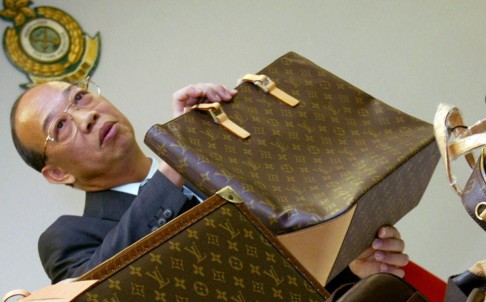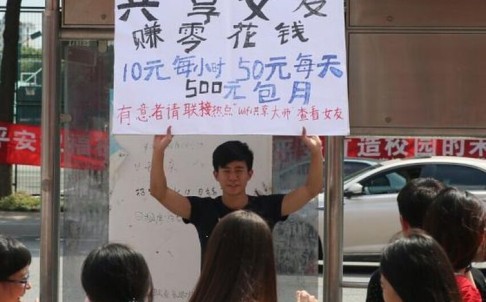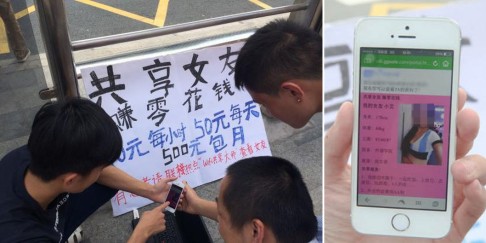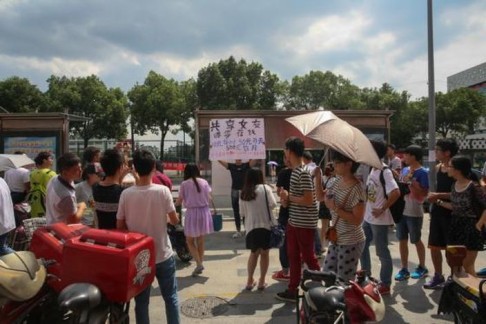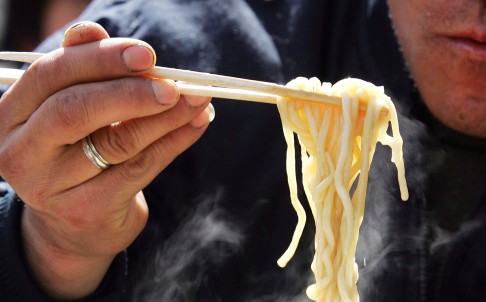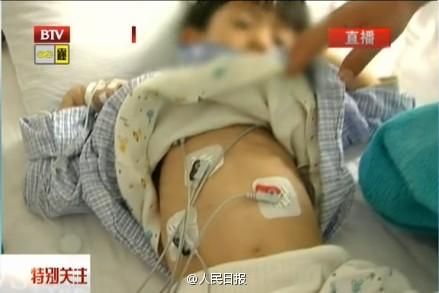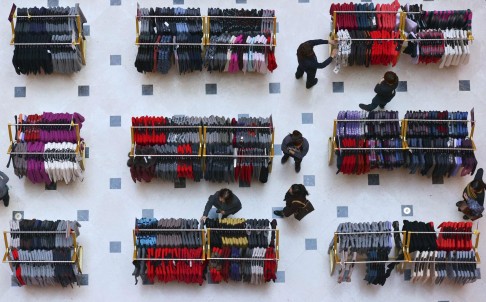It has gone viral

Man jailed in fight over widow's wealth
China Daily, September 19, 2014
A Chinese man suspected of trying to cheat a dementia-stricken Singaporean widow of her Sg$40 million ($32 million) fortune has been arrested, police said on Wednesday.
Former tour guide Yang Yin "has been arrested for suspected criminal breach of trust following police reports lodged against him", the Singapore Police Force said in a statement.
"He is currently assisting in police investigations," the statement added.
Yang, 40, is facing allegations that he manipulated Chung Khin Chin, 87, a retired physiotherapist suffering from dementia, to give him control over her fortune, according to the local media.
The allegations have sparked outrage in the city-state, where anti-immigrant sentiment is simmering due to the presence of a high number of foreigners.
The Straits Times has reported that a niece of Chung's asked the High Court to strip Yang of his power of attorney for the widow.
Yang was a tour guide when he first met Chung in China in 2008 and later developed a relationship with the woman, who eventually allowed him to live in her Singaporean home. Yang's wife and two young children also moved in last year.
Local websites have been swamped with attacks against Chinese nationals in reaction to the media reports.
Chung's assets include a sprawling suburban bungalow worth an estimated Sg$30 million, a rare pro- perty on the island-state where most people live in high-rise apartment blocks.
Chung's niece, Hedy Mok, 60, had asked the High Court to freeze all of the elderly woman's assets amid proceedings to revoke Yang's power of attorney, which he obtained in 2012.
Mok said Yang got Chung to send money to his bank account in Hangzhou, Zhejiang province, on numerous occasions, with amounts ranging from Sg$4,000 to Sg$40,000, the Straits Times said.
Following media reports of the allegations, Singapore's Immigration and Checkpoints Authority said it had launched an investigation into Yang's status as a permanent resident in the city-state.
The Singapore Chinese Chamber of Commerce and Industry denied claims that Yang is a director in the organization, and has lodged a police report on the matter.
The Straits Times said it had obtained a business card of Yang listing him as a director in the chamber.
In his own affidavit, Yang denied manipulating the widow, saying she called him grandson and asked him to live with her and take care of her finances, the newspaper said.
He countered that the widow's relatives did not visit her regularly and that his family filled the void.
"This is what my family and I have brought to Madam Chung - a family that she never had," the newspaper quoted Yang as saying in his court filing.


